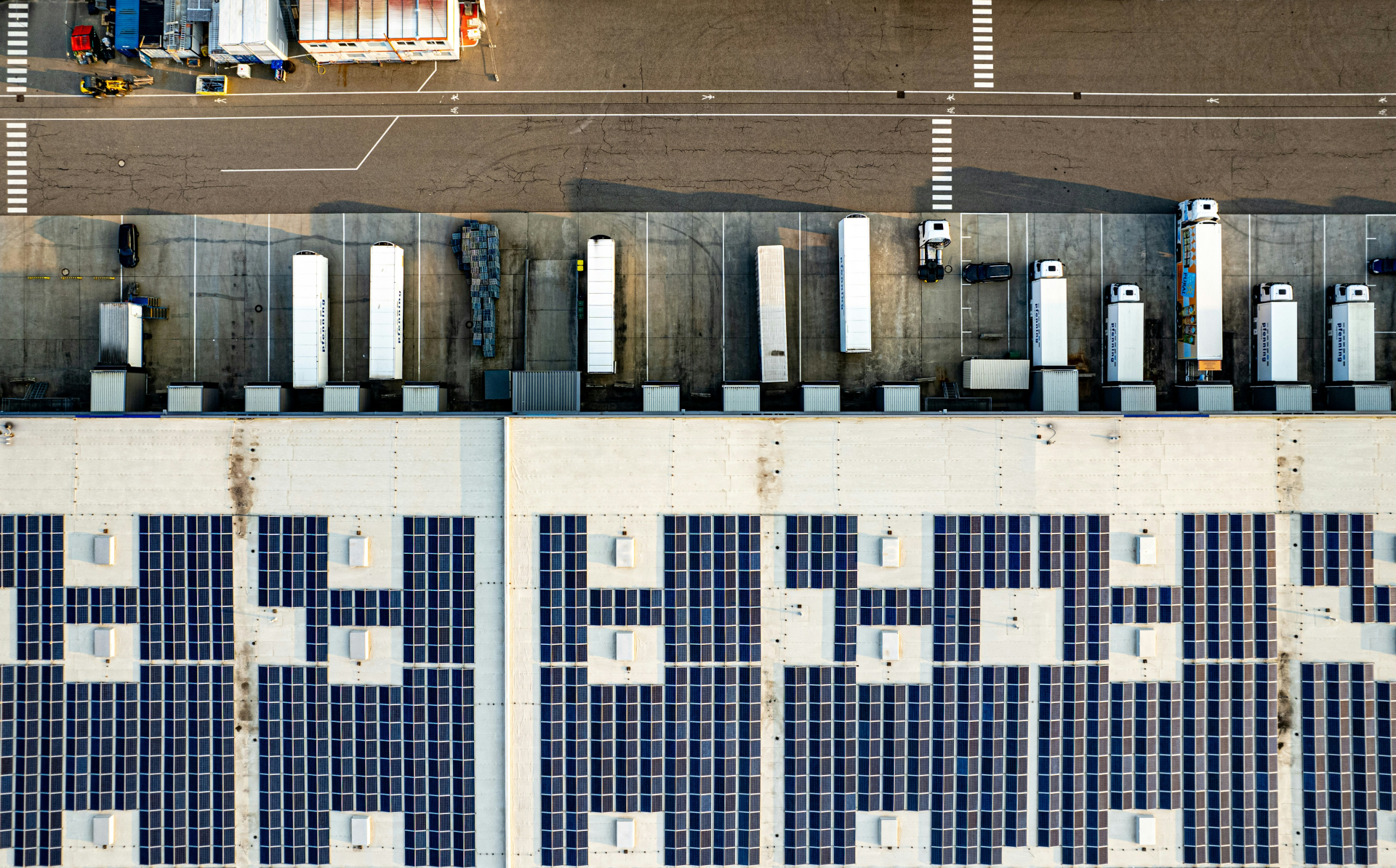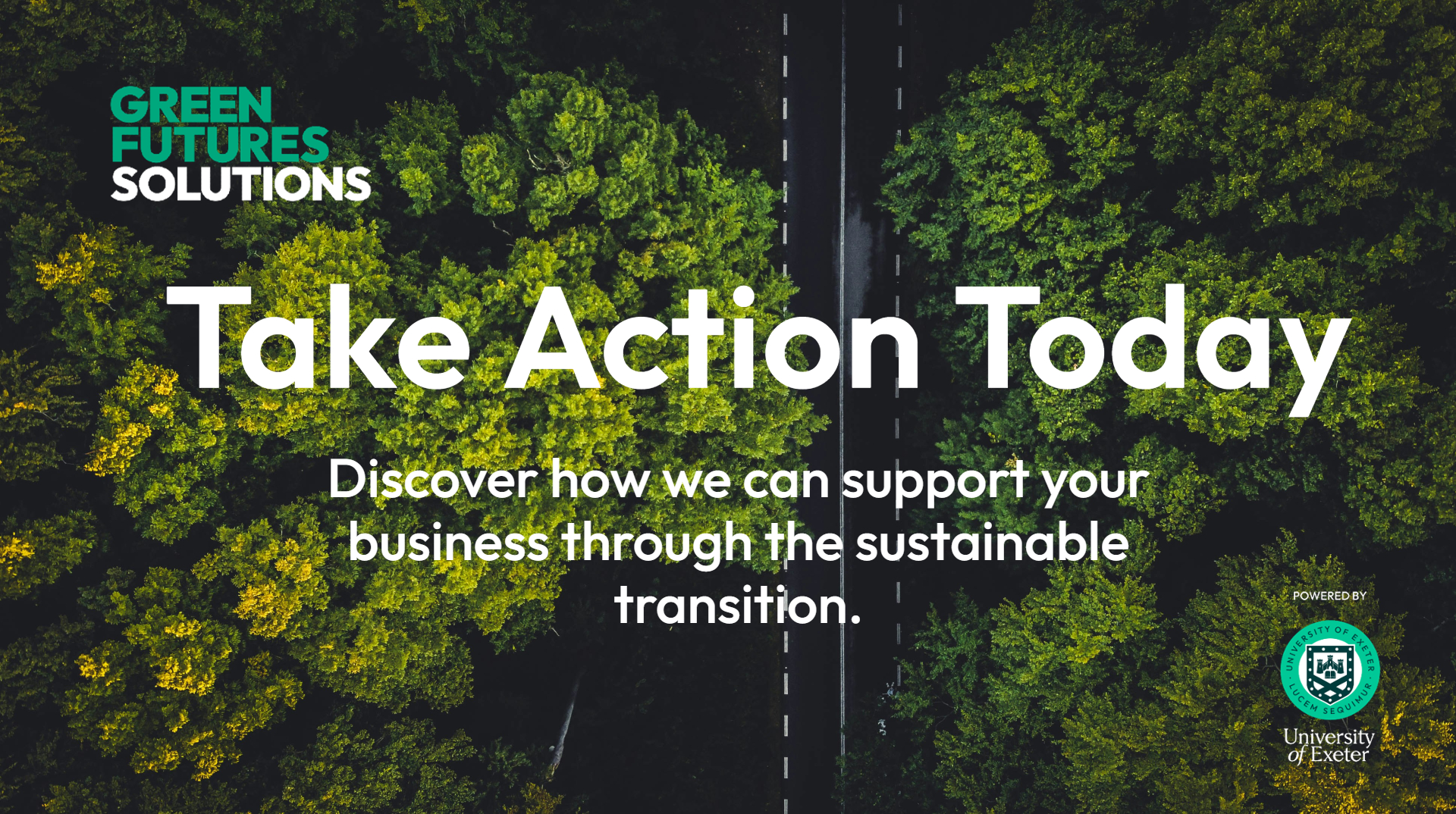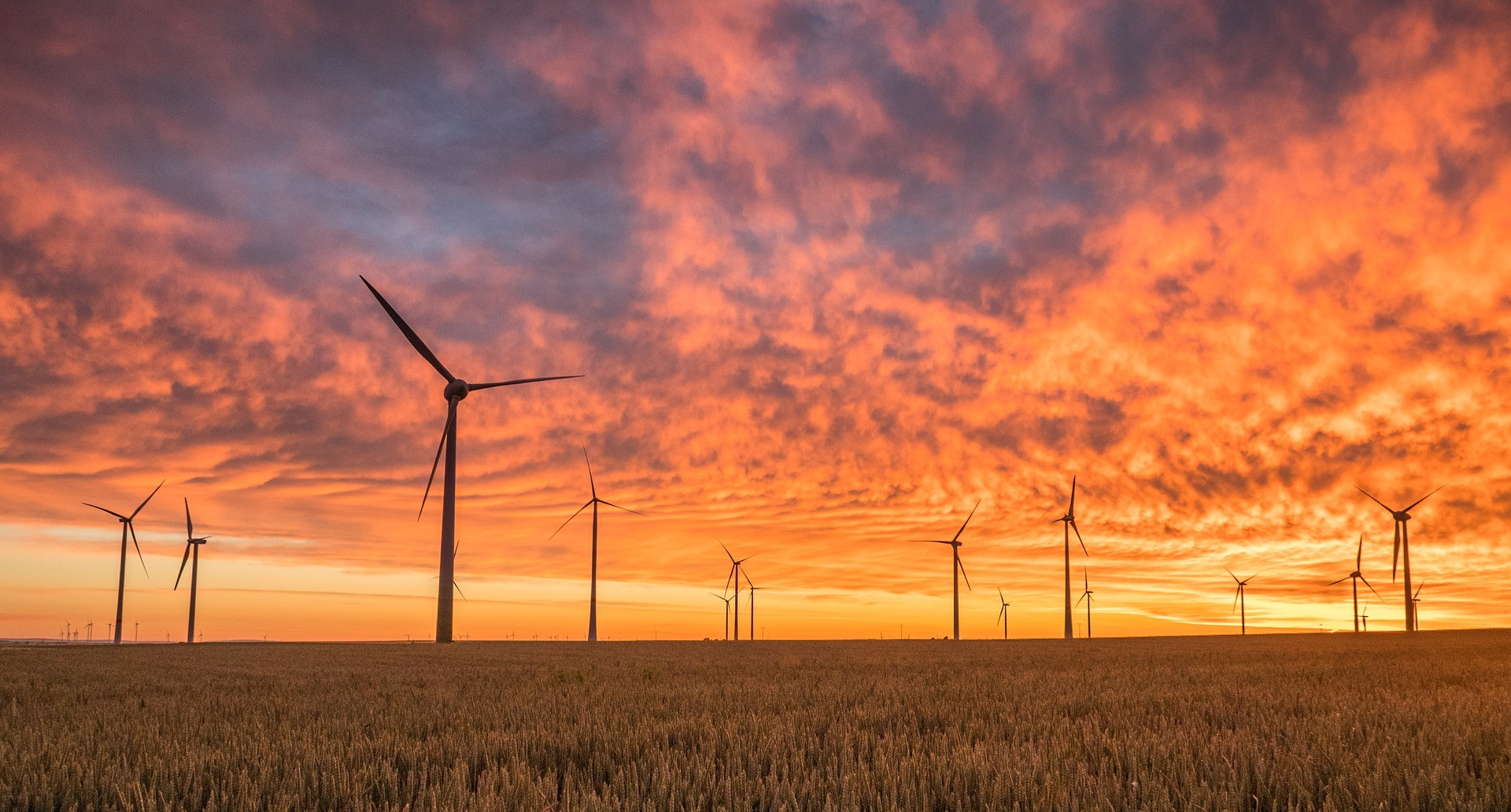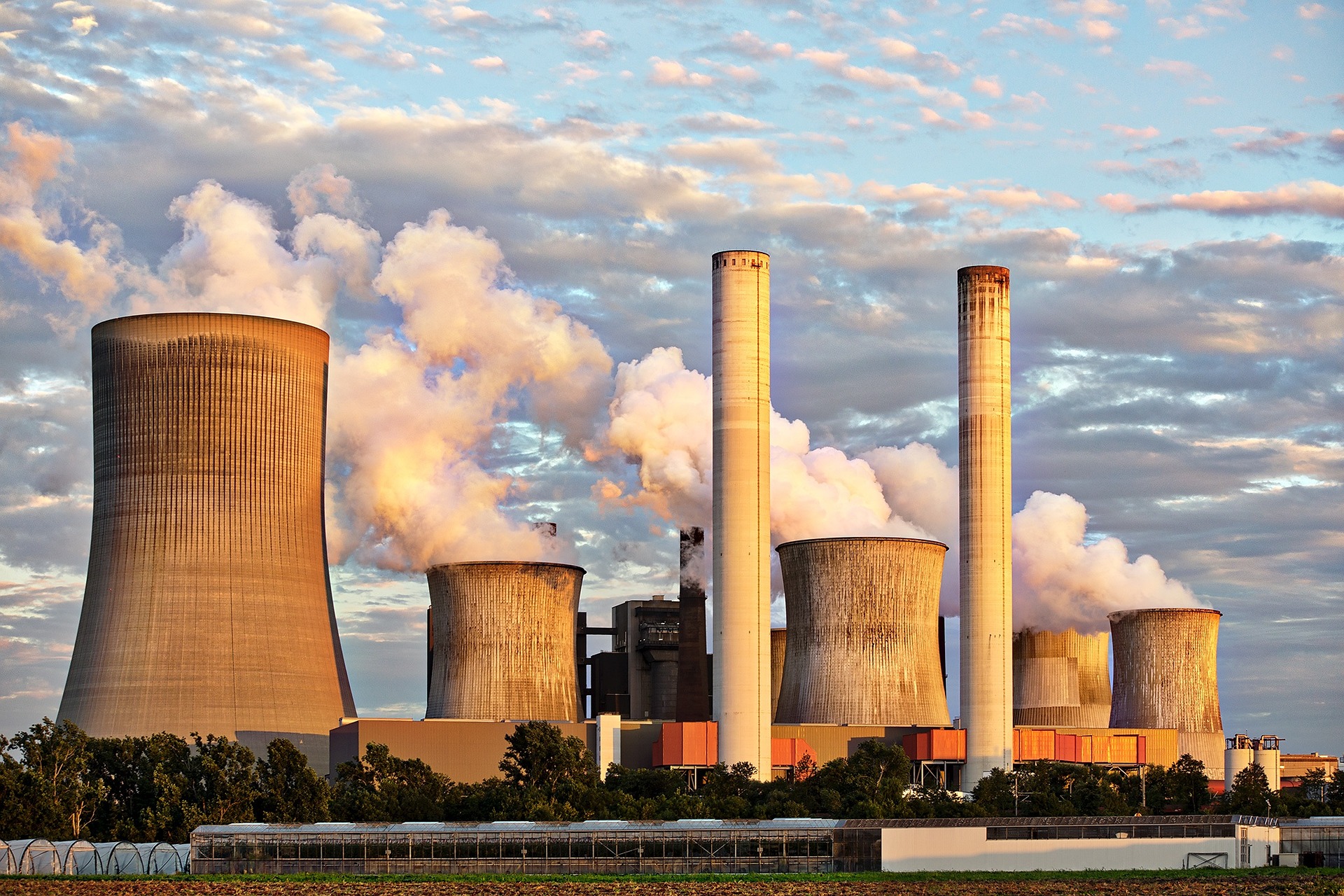Blog
Why life cycle assessments are becoming crucial for business

Our Guide to Life Cycle Assessments
As companies look to reduce their environmental impact, it can be difficult to get to grips with the terms and tools involved. Carbon footprints. Biodiversity quotas. Life Cycle Assessments. All ideas we associate with sustainability. But what exactly do they involve? And most importantly, how can you implement them in the best way for your organisation?
In this guide, we share insights into Life Cycle Assessment (LCA) from Professor Xiaoyu Yan and Dr Xiaocheng (Sam) Hu, two of University of Exeter’s experts in LCA and sustainable systems, to help you understand:
- What life cycle assessments involve
- How they benefit different organisations (particularly SMEs)
- Why they are becoming essential for sustainable decision-making
What is a Life Cycle Assessment?
As its name suggests, a Life Cycle Assessment aims to understand the full scope of environmental impact over a product’s life, from the raw materials used in its production, to the way it is used and eventually disposed of.
However, Life Cycle Assessments (LCAs) are more than a method for measuring and reducing emissions. According to Xiaoyu, they are a way of thinking that takes a holistic view of the environmental impact of products, services, or even entire organizations.
As such, LCAs typically take a broader view of environmental impact than, say, carbon footprint services, by focusing on a product or service’s impact on natural resources such as biodiversity and resources, as well as carbon emissions.
What should a good Life Cycle Assessment focus on?
What are the benefits of LCAs compared with other ways of reducing emissions?
Because it focuses on the entire lifecycle of a product or service, Life Cycle Assessment offers strategic insights that go beyond traditional carbon accounting methods. While carbon footprint assessments typically focus on direct emissions (scope 1), energy-related emissions (scope 2), and supply chain emissions (scope 3), LCA provides a more comprehensive view by integrating all these aspects and is particularly suited for quantifying the scope 3 emissions.
This often uncovers hidden impacts along supply chains and allows companies to understand the full environmental footprint of their products. These hidden impacts will become increasingly important to tackle, as consumer expectations and government regulations evolve.
In the near future, it is expected that life cycle-based assessments will become a regulatory requirement, particularly in the EU and the UK. When that happens, companies will need to disclose the full environmental footprint of their products, similarly to how health warnings are currently displayed on packaging. So, for all companies – whether they are looking to proactively lead on climate action or simply prepare for the future – it is essential to get started with Life Cycle Assessment.
What are the stages of a Life Cycle Assessment?
How can organisations start to implement Life Cycle Assessment?
For many organisations, particularly small and medium-sized enterprises (SMEs), implementing LCA for the first time can be daunting. The process requires detailed data collection, sophisticated modeling, and a deep understanding of the product’s supply chain.
However, with the help of experts and consultancies, these companies can begin to explore LCA, improve the accuracy and comprehensiveness of their assessments, and start making informed sustainability decisions.
How can Green Futures Solutions support organisations with Life Cycle Assessments?
What sets the University of Exeter apart, when it comes to Life Cycle Assessments, is our scientific background and training. Our researchers work at the forefront of the science behind LCA. That gives us two distinct advantages.
Firstly, our in-depth knowledge means we can help our clients to unpack and understand the results of their LCA, which is crucial for implementing changes effectively. Secondly, it means we can keep abreast with the latest developments, techniques, and regulations in the field, making it possible for us to share insights and advice before they become widely available.
Additionally, our experts have a range of specialisms within the field of Life Cycle Assessments – such as biodiversity monitoring and the LCA of complex technologies – which makes us well prepared to measure the impacts of products and services in these areas.
Related
Exeter Innovation
We are the trusted partner in transformative innovation, empowering organisations across the globe to make ecologically responsible decisions – for today and for future generations.









